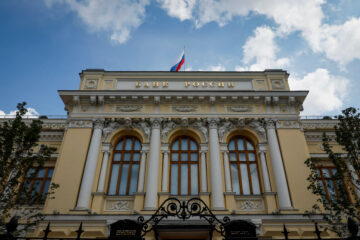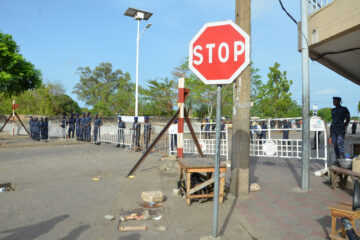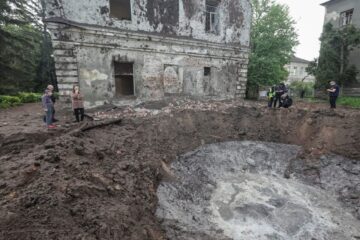Thai junta summons deposed leaders as coup takes hold
Thailand\’s military leaders summoned ousted Prime Minister Yingluck Shinawatra to a meeting on Friday, a day after army chief Prayuth Chan-ocha seized power in a bloodless coup and said he wanted to restore order following months of turmoil.
Yingluck is one of more than 100 political figures summoned by the army.
The army has banned 155 prominent political figures from leaving the country without permission.
On Thursday the military suspended the constitution, banned gatherings and detained politicians, saying order was needed after months of turmoil.
The army\’s intentions for summoning the people were not clear.
General Prayut Chan-Ocha, the army chief, announced on Thursday that a military commission that had imposed martial law a day earlier would take control of the country\’s government. He later declared himself the country\’s prime minister.
The army said it needed to restore order and enact political reforms.
It declared martial law on Tuesday but then gathered political leaders together for talks on the crisis.
However, army chief Gen Prayuth Chan-ocha went on air on Thursday to announce the coup.
Several key figures at the talks, including opposition protest leader Suthep Thaugsuban and pro-government protest leader Jatuporn Prompan, were detained.
Acting PM Niwatthamrong Boonsongphaisan was not at the talks and his whereabouts are unclear. However, he and all cabinet ministers, along with ex-PM Yingluck Shinawatra, were ordered to report to the military.
Hundreds of troops surrounded the venue of the talks from where Suthep Thaugsuban, who led more than six months of anti-government protests, was taken away.
Hundreds of troops blocked cars from getting within 2km (1.2 miles) of the site – which was left eerily quiet as protesters packed up.
US Secretary of State John Kerry said there was "no justification" for the coup, adding that $10m in bilateral aid could be suspended.
European and Asian nations expressed concern over the coup, with Germany, France and Britain issuing statements of condemnation, Japan\’s foreign minister calling it "regrettable" and Singapore urging all sides to avoid violence.
Ban Ki-moon, UN secretary-general, said he was "seriously concerned" and appealed "for a prompt return to constitutional, civilian, democratic rule and an all-inclusive dialogue that will pave the way for long-term peace and prosperity".
Thais, meanwhile, spent the night under a curfew which ran from 22:00 to 05:00. Bangkok was reported to be largely peaceful.
The anti-government movement has claimed victory and sent its supporters home.
Thailand\’s army also told all television and radio stations in the country to halt normal programs on Thursday and only broadcast army material, according to Reuters.
“All radio and television stations, satellite and cable, must stop normal programming and broadcast army content until told otherwise,” Winthai Suvaree, a deputy army spokesman, said in a televised statement.
Foreign broadcasters and Internet service appeared unaffected.
Anti-government demonstrators have rallied in Bangkok for six months. During that time, at least 28 people have died and more than 700 have been injured in violence connected to political protests.
The roots of the political standoff go back years.
On one side, royalists and allied groups sought to rid the country of the influence of billionaire Thaksin, whose parties and candidates have won every election since 2001.
Thaksin was ousted as prime minister in a 2006 military coup that sparked a major power struggle. He now lives in self-imposed exile to avoid a prison sentence for a corruption conviction. He and his supporters call the charges political motivated.
Thailand\’s army, which has been traditionally on the side of the opposition, has staged 11 coups in the last 80 years.
"Thailand is extremely polarized. The military is not neutral. It does favor the monarchy and this now could lead to resistance to military rule. It\’s like a déjà vu all over again 2006," said Carl Thayer, a professor of politics from the University of New South Wales in Australia.
The military coup in 2006 led to changes in the country’s constitution that were intended to set up a more stable political system.
This is the country\’s 12th coup since the absolute monarchy ended in 1932. There had been 19 attempted coups as well in the period.
Source: Agencies
[do_widget_area inner_adsbar]










